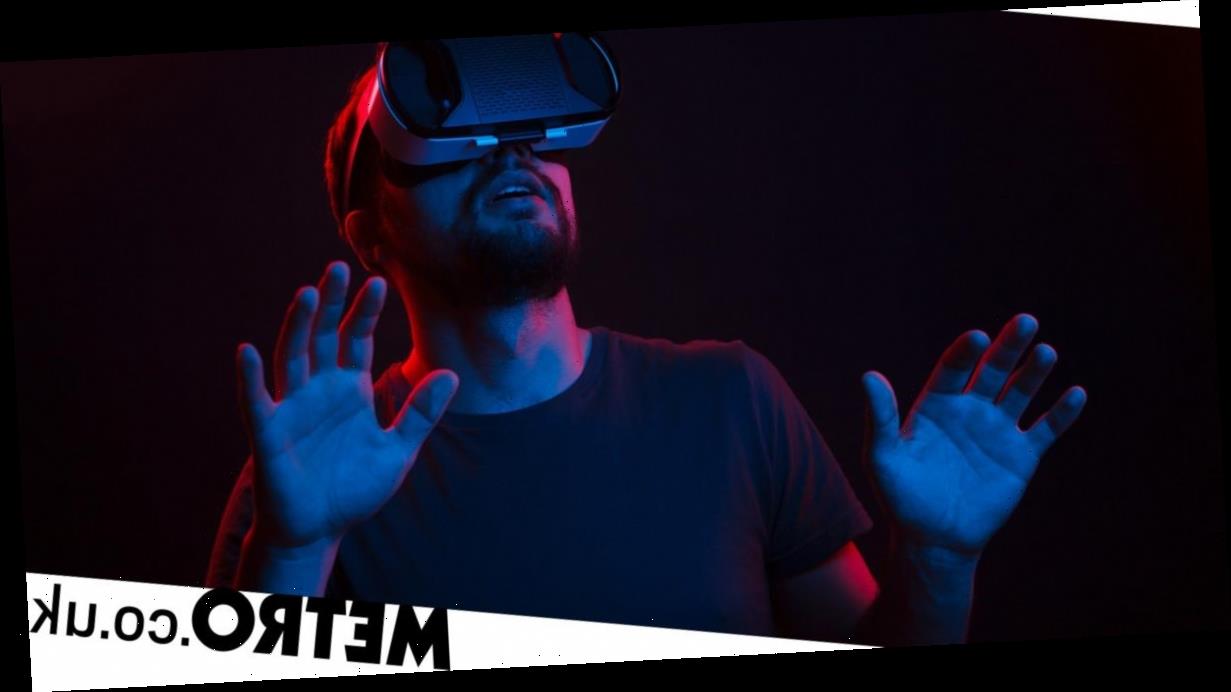Virtual reality makes people empathise more which could be used as an effective treatment tool for violent offenders.
A new study has found that virtual reality (VR) technology increases identification with others by activating key brain networks.
VR is a simulated experience that can be similar or completely different from the real work – it can be for entertainment and educational purposes.
Researchers have also suggested that this could be used as an effective tool in the treatment of violent offenders to identify more with others.
Lead author Dr. Aline de Borst, from University College London, used functional magnetic resonance imaging to monitor the brain activity of participants while they experienced a virtual reality animation of a man verbally abusing a woman, from the perspective of the woman.
Before watching the scene, the participants went through virtual reality training embodied as the woman or as a bystander watching the woman
People experiencing the first-person embodiment identified the woman’s body as their own and demonstrated synchronized brain activity in the personal space and body ownership networks.
They also showed strong synchronized activity in parts of the brain processing threat perception when the man got close.
A first-person perspective virtual reality experience providing multi-sensory feedback can convince the brain into thinking a virtual body is its own body.
This causes the brain to react to virtual events as if they are happening in the real world.
Understanding someone’s point of view is crucial for successful relationships. When this doesn’t come naturally, virtual reality technology may be able to help the process.
The findings are published in eNeuro.
Source: Read Full Article

